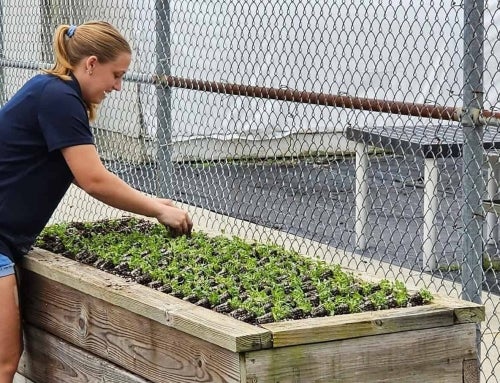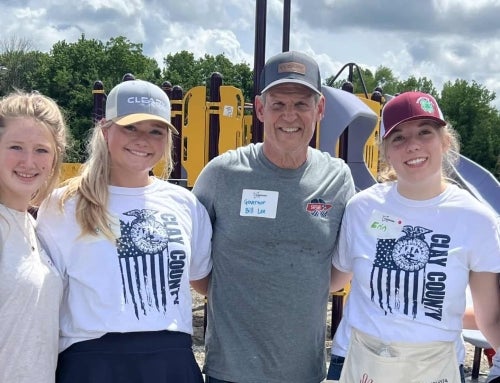Q: You recently returned from a trip to Japan through the National Officer International Experience program. Why do you think it is important for FFA members to have a global mind-set?
“While in Japan, we toured the produce farm of Yuta Amano. Amano is considered a large-scale farmer, even though the land he uses to grow 12 varieties of fruits and vegetables is spread among 10 separate parcels totaling just 7 1/2 acres. Mr. Amano and many other farmers in Japan encounter obstacles we do not in the U.S. and vice versa. Having a global mind-set means that we celebrate our differences and unite in our similarities.”
– David Townsend, National FFA President
“We should have a global mind-set because it allows us to gain new perspectives and to realize that we are all more alike than different. The people in Japan – and even Japan’s agriculture industry – face challenges similar to those here in the U.S. When we have a global mind-set, we can work together to solve these problems collectively.”
– Victoria Harris, National FFA Secretary
“Spending 10 days with a culture uniquely different from my own, I have become more self-aware of my thoughts and behaviors. By having a global mind-set, we step outside of our own cultural fishbowl and are more accepting of other perspectives.”
– DeShawn Blanding, Southern Region Vice President
“As future leaders in agriculture, we need to have our sights set on the impact our actions and decisions make at a global level. While in Japan, the team was able to see the relationship between American agriculture and the food consumed by people in Japan each day. Whether we are farmers, scientists or retailers, being involved in agriculture means we make a global impact each day because the food we produce touches people across the globe.”
– Valerie Earley, Central Region Vice President
“The world is much bigger than ourselves. We need to have a global perspective in order to be better leaders in our communities and states. We are the future of agriculture, so we need to be students of the world. We can use that broader perspective as we tackle future challenges in agriculture and in the world as a whole.”
– Ashley Willits, Eastern Region Vice President
“One big lesson I learned in Japan is that agriculture is truly what ties the whole world together. A lot of the issues we face in agriculture in the U.S. are also global issues. There are countries that can use our resources, and there are lessons we can learn from other countries such as Japan. We are all occupants of this planet, and we should help each other in cultivating food for our future generations.”












